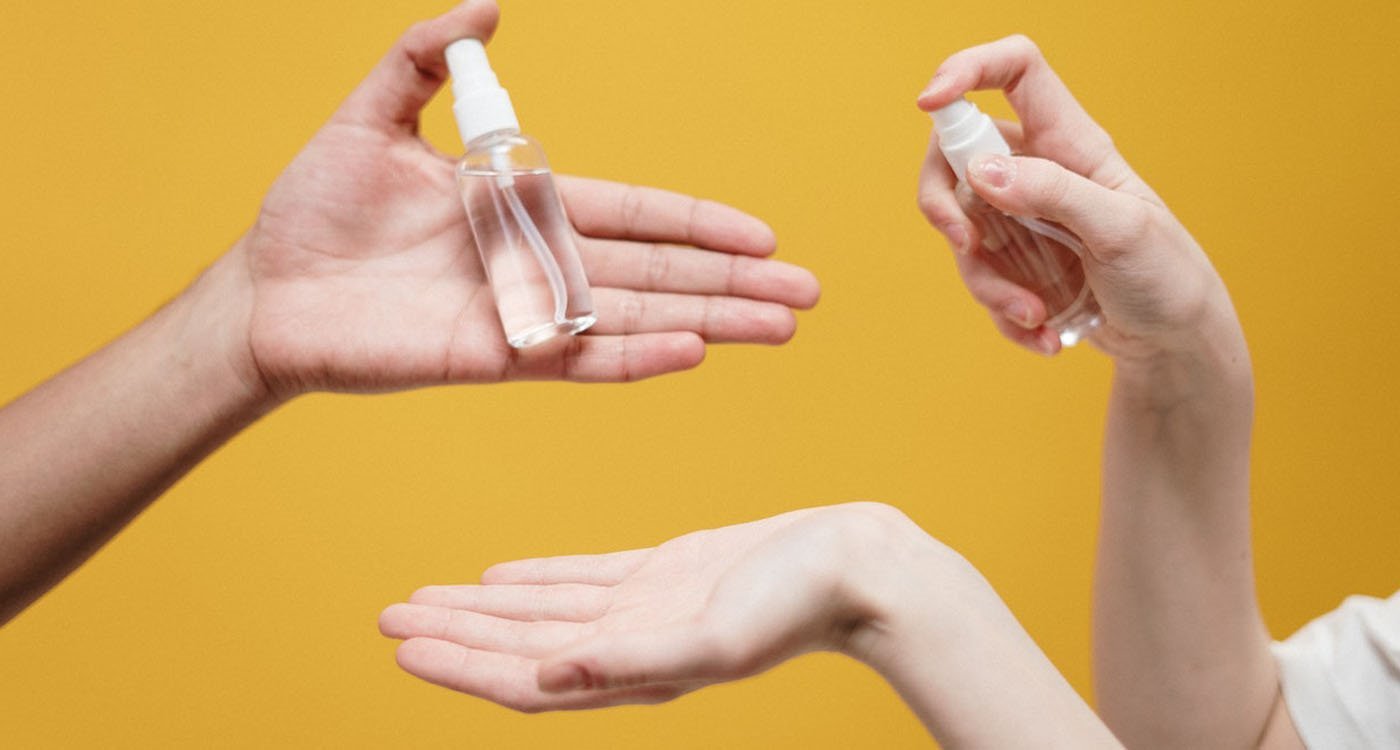Besides our five primary senses, we interact with the world with our hands. We use them in handshakes to show respect to colleagues or clients. Our hands are also the primary tools we use for work and labor. That’s why hand sanitizers are essential. The human hands need regular sanitizing as they can pick up myriads of microbes, viruses, and bacteria from the countless surfaces that they touch.
WHY DO YOU NEED HAND SANITIZERS?
According to the World Health Organization (WHO), around 90% of communicable diseases are transmitted through the hands. You touch surfaces that carry microbes and then, often subconsciously, you touch your face and the food that you eat.
If you live with other people at home, you are putting them at risk if you don’t sanitize your hands regularly. You may have immunities from certain viruses but people you share spaces with may be vulnerable. You should also be extra careful if you are living with toddlers and senior citizens, since they probably have weaker immune systems.
HOW CAN YOU MAKE A HABIT OF USING IT?
It takes conscious effort in the beginning. Always bring a tiny hand sanitizer bottle on your bag or pocket. At the office, be aware of the location of the alcohol dispenser or have one on your desk. Apply the mantra that if you can see it, you will use it. Keep the alcohol dispenser visible until using it becomes a subconscious habit.
You have to apply more frequently, depending on your profession. For example, experts say that health workers should sanitize at least 100 times within a 12-hour shift. It can be higher, depending on the number of patients that they serviced for the day.
WHERE AND WHEN SHOULD YOU USE A HAND SANITIZER?
- WHEN YOU PURCHASE ANYTHING FROM THE STORE– Money is a very mobile object and it can carry salmonella and E. coli, among other germs. Many people, including sick ones, may have handled the same paper money at some time as it moves among sellers and customers. That’s why you need to sanitize whenever you touch money or buy anything over the counter.
- WHILE INSIDE A PUBLIC TRANSPORT VEHICLE AND AFTER GETTING OUT– You cannot completely avoid holding handrails and facilities in a public vehicle. Be mindful and stop yourself from touching your face if you know you touched surfaces in a bus or train, since microbes can enter your body through the mouth, nose, and eyes. Always use a hand sanitizer while commuting when you get the chance.
- WHILE WORKING AT THE OFFICE– The workplace may look clean but things such as telephones, door knobs, tables, and pens can be breeding grounds of microbes. It is common courtesy to keep your hands sanitized before shaking hands with another person, and a smart and hygienic habit to disinfect again afterward.
- AT THE KITCHEN WHEN PREPARING FOOD– You can get amoeba and other bacteria on your hands when you play with your pets or handle the garbage. That’s why it is important to wash your hands with soap and water thoroughly before handling food. Otherwise, you are at higher risks of food poisoning and other digestive disorders.
You can double-down on cleaning up by applying hand sanitizer after washing. This ensures that microbes in every nook and cranny of your hands are taken care of.




